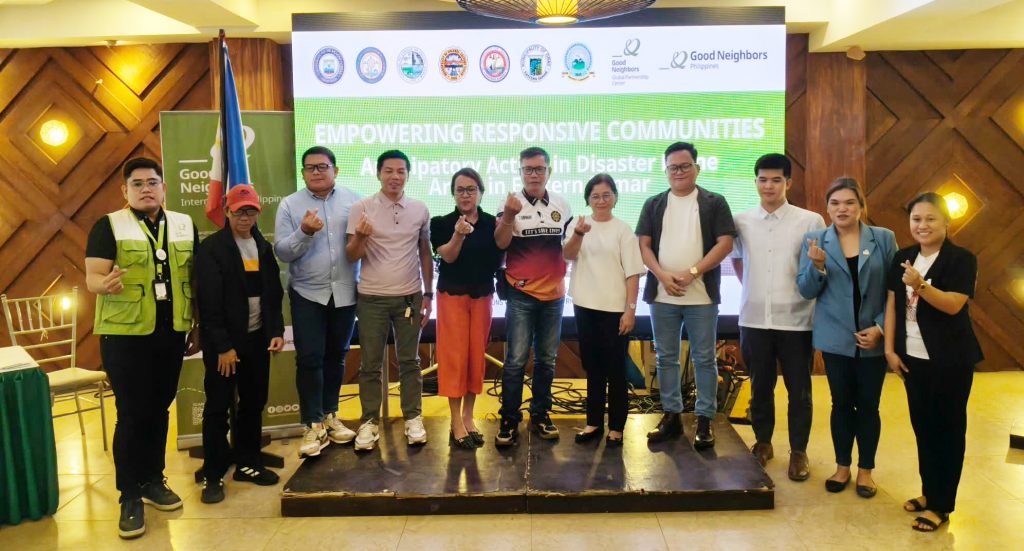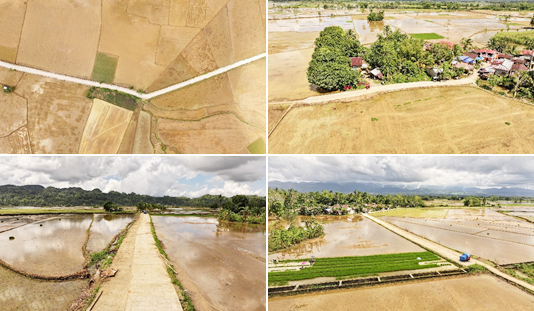Proves art’s power to promote global peace
MANILA– The Philippines has reached a historic milestone after a Filipino student won the country’s first-ever Gold Award in Division 3 at the 7th International Loving-Peace Art Competition organized by the International Women’s Peace Group (IWPG).
The global competition gathered 15,932 artworks from 40 countries, highlighting young artists shared hope for a peaceful world.
The Gold Award in Division 3 was awarded to Prince R.M.B. Ikan of Gen. Emilio Aguinaldo–Bailen Integrated School. His winning artwork depicts a dove and people of different races holding hands, symbolizing unity, harmony, and mutual understanding beyond borders.
“Through simple images and calm colors, this drawing delivers a powerful message for all people to understand each other, not to fight, and to be united as one. Let’s all become messengers of peace,” said Prince Ikan.
Other outstanding Filipino young artists were also recognized on the global stage: Division 1 – Silver Award: Althea Cleona Q. Dela Rea, Limay Community School; Division 3 – Bronze Award: Anica Jeine Hiso, Kapalong National High School; Division 3 – Bronze Award: Zaijan V. Sumbong, St. Francis National High School.
Honorable mentions were Rafael Joseph Solis (University of Batangas), Prince Marlloyd Sualog (Limay Senior High School),and Frances Cyrus Guzman (Limay Senior High School).
The grand prize was awarded to Tasfiha Tahsin of Bangladesh for her artwork “The Cry for Peace,” a moving portrayal of a child praying amid war, symbolizing humanity’s deep longing for peace.
The International Loving-Peace Art Competition was created to teach children and youth the true meaning of peace through art. By expressing their ideas of harmony, empathy, and coexistence through drawing, students are empowered to become active builders of peace in their communities and across nations. The competition promotes the practice of peace as a daily lifestyle, not merely an ideal.
“Peace is like life, so we must teach it to the youth. These students will grow up to be the changemakers who contribute to global peace,” said Mr. Soon-kyu Hwang, Head Judge of the competition.
“Children who learn the meaning of peace through art become steadfast seeds, spreading peace in their communities and beyond.
They are the true heroes of our time,” said IWPG Chairwoman Na Yeong Jeon.
This year’s theme, “How can we practice peace and make it a reality in our daily lives?”, encouraged young artists around the world to transform their hopes into visual messages of peace.
With this landmark achievement, the Philippines has proudly made its mark on the international peace stage, proving that Filipino youth are not only talented creators but also powerful messengers of peace.
The International Women’s Peace Group (IWPG) is a global peace organization registered with the UN ECOSOC and DGC, with 115 branches in 122 countries and partnerships with 800 organizations worldwide. IWPG empowers women and youth through peace education, leadership programs, and advocacy for global peace initiatives such as the Declaration of Peace and Cessation of War (DPCW).(PR)




